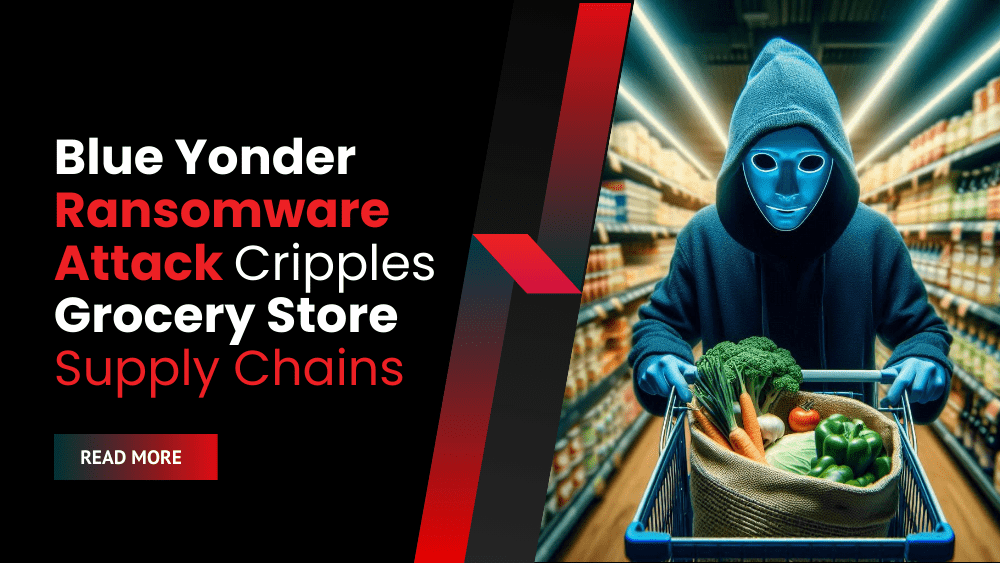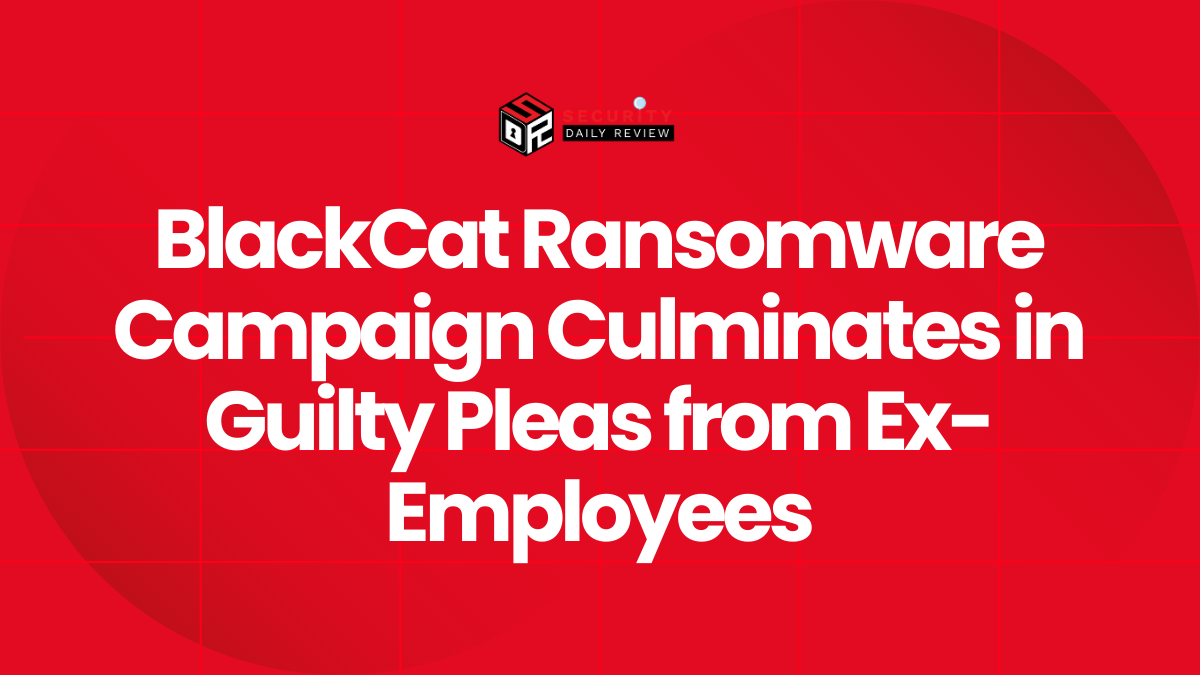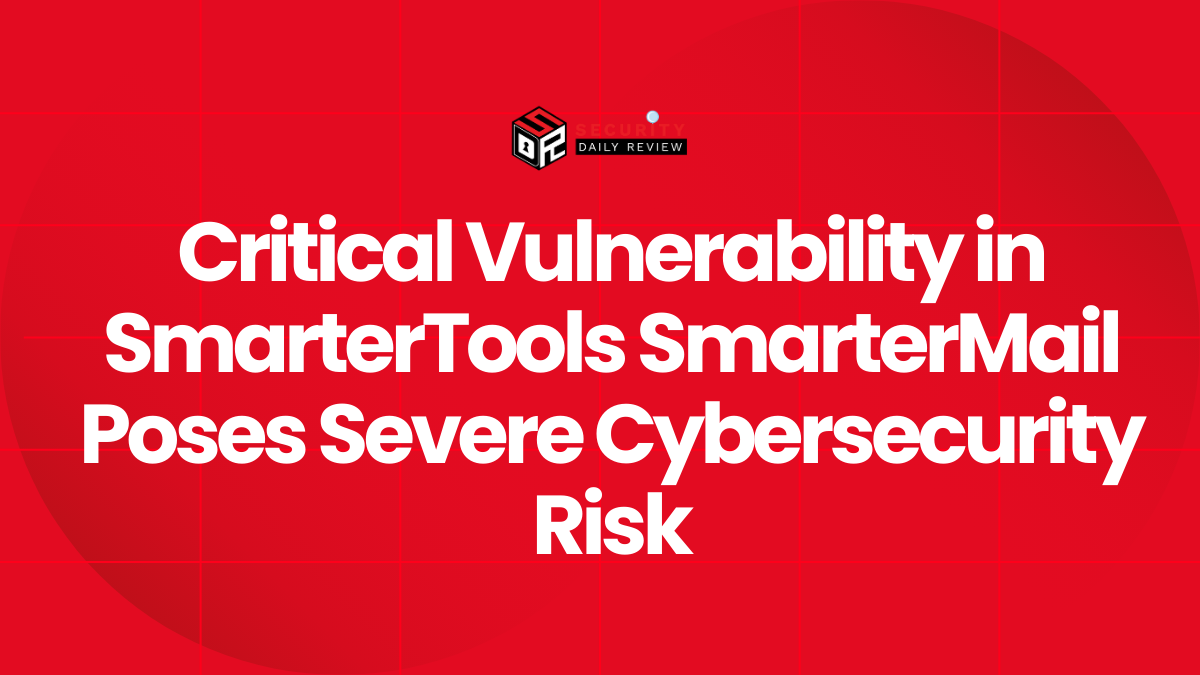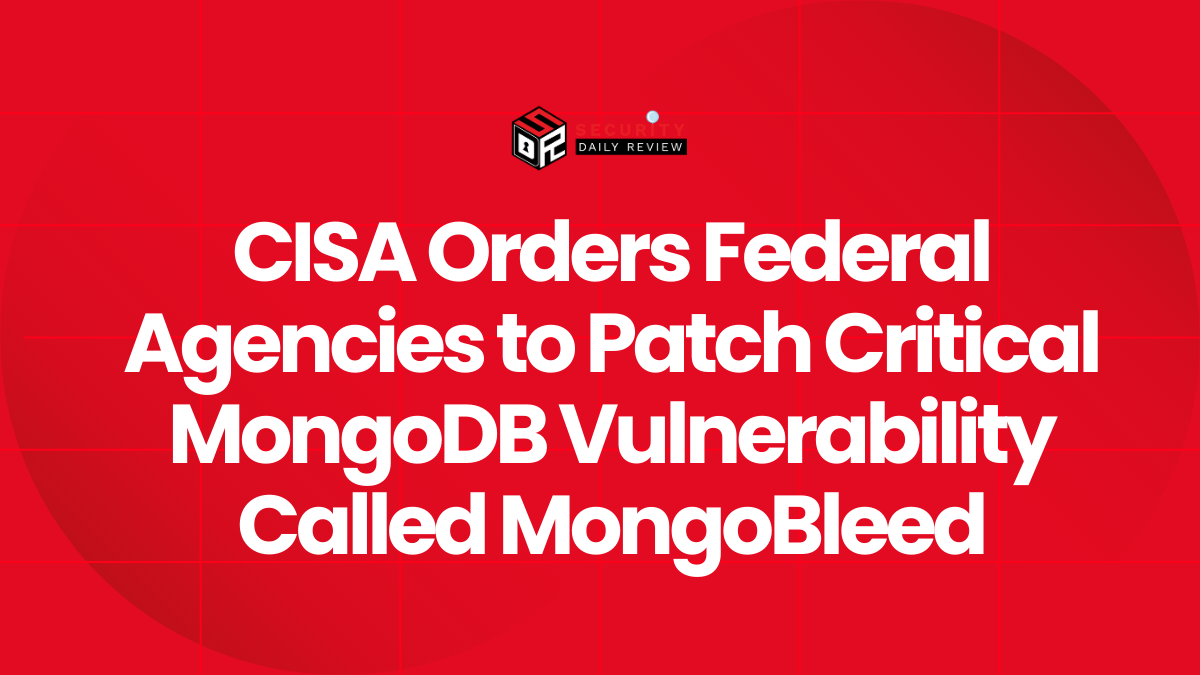Blue Yonder Ransomware Causes A Supply Chain Catastrophe
A significant ransomware attack targeting Blue Yonder, a prominent supply chain management firm, has sent shockwaves through the UK grocery industry, causing widespread disruptions to the grocery store supply chain.
The incident, which began on November 21st, 2024, has impacted the company’s managed services hosting environment, leading to operational outages for numerous clients.
Blue Yonder, a Panasonic subsidiary with over $1 billion in annual revenue and 6,000 employees, provides AI-driven supply chain solutions to a vast clientele including major players like DHL, Renault, Bayer, Morrisons, Nestle, 3M, Tesco, Starbucks, Ace Hardware, Procter & Gamble, Sainsbury’s, and 7-Eleven. The attack underscores the vulnerability of even large, well-established companies to sophisticated cyberattacks.
The Impact of the Blue Yonder Supply Chain Attack
The ransomware attack specifically targeted Blue Yonder’s managed services environment—the infrastructure supporting its SaaS platforms and cloud-hosted solutions for supply chain operations.
This directly affected numerous clients, causing significant operational challenges. Morrisons, a major UK grocery chain, confirmed to the media that they had to revert to slower backup processes to maintain some level of operation. Sainsbury’s, another large retailer, reported that they had contingency plans in place to mitigate the disruption.
Technical Details and the Ongoing Investigation
Blue Yonder’s statement confirmed the ransomware incident on November 21st, 2024, stating, “On November 21, 2024, Blue Yonder experienced disruptions to its managed services hosted environment, which was determined to be the result of a ransomware incident.”
The company assures that no suspicious activity has been detected in its public cloud environment and is actively pursuing multiple recovery strategies in collaboration with external cybersecurity firms.
They have implemented defensive and forensic protocols to investigate the incident. As of the publishing of this article, Blue Yonder has not released a statement regarding the resolution of the issue, leaving the extent of the ongoing disruption unclear.
No ransomware group has yet claimed responsibility for the attack. The incident is further complicated by the fact that the attack may have originated from Russia via a Wi-Fi connection,.
Lessons Learned from the Blue Yonder Ransomware Incident
The Blue Yonder ransomware attack serves as a stark reminder of the growing threat of ransomware to critical infrastructure and the devastating impact it can have on supply chains. The incident highlights the need for robust cybersecurity measures, comprehensive incident response plans, and regular security audits to mitigate the risk of such attacks.
The reliance on third-party providers for critical services also emphasizes the importance of thorough due diligence and risk assessment when selecting and managing these partnerships. The ongoing investigation and recovery efforts will undoubtedly provide valuable insights into the techniques used in the attack and inform future cybersecurity strategies.
The lack of a public claim of responsibility by a ransomware gang suggests a more sophisticated and potentially state-sponsored attack. This incident underscores the need for proactive measures to protect against increasingly sophisticated cyber threats and the potential for significant economic and social disruption.
The speed and efficiency of the recovery process will be crucial in minimizing long-term consequences for Blue Yonder and its clients. The grocery store supply chain attack will likely lead to increased scrutiny of cybersecurity practices within the industry.









